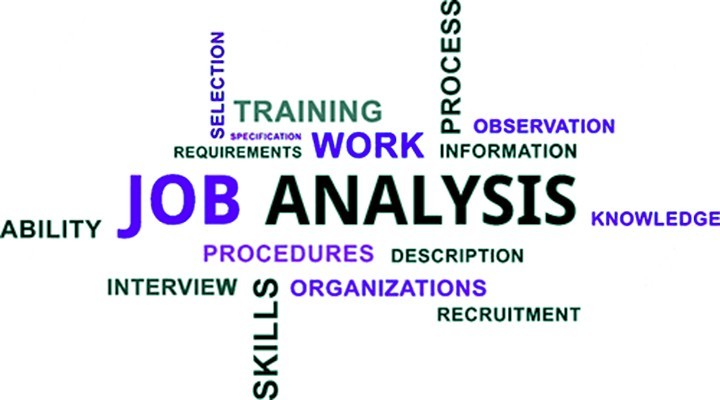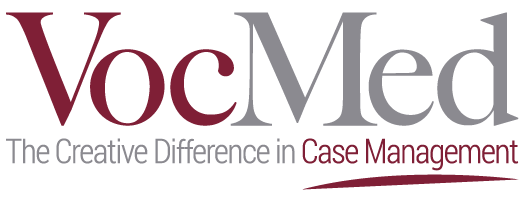The Essential Role of Job Analyses for Employers

In the dynamic and competitive business landscape, employers face the constant challenge of recruiting, developing, and retaining talented employees who can contribute to the success of their organizations. In this endeavor, job analyses emerge as a fundamental tool for employers. Job analyses provide valuable insights into the essential tasks, skills, and qualifications required for specific positions within a company. In this essay, we will explore the importance of job analyses to employers and how they contribute to maximizing organizational success.
Understanding Job Analyses
Job analysis is a systematic process that involves gathering and analyzing information about job roles, responsibilities, and requirements. It focuses on identifying the knowledge, skills, abilities, and other characteristics necessary for effective job performance. Job analyses involve various techniques such as observations, interviews, surveys, and examination of job-related documents. The resulting data provides a foundation for critical HR functions such as recruitment, selection, training, performance management, and compensation.
Job Analyses Provide to Employers:
-
Effective Recruitment and Selection: Job analyses serve as a basis for developing accurate and comprehensive job descriptions and specifications. These documents outline the qualifications, skills, and competencies needed for a particular role, enabling employers to attract and recruit the right candidates. By aligning job requirements with candidate qualifications, employers can make informed hiring decisions, ensuring that individuals with the most suitable skills and attributes are selected for the positions. This leads to improved employee performance, reduced turnover, and enhanced organizational productivity.
-
Targeted Training and Development: Job analyses provide crucial insights into the knowledge and skills required for successful job performance. Employers can utilize this information to design targeted training and development programs that address specific competency gaps within the workforce. By aligning training initiatives with the identified job requirements, employers can enhance employee skills, productivity, and job satisfaction. This strategic approach to training also promotes succession planning and the development of future leaders within the organization.
-
Performance Management and Evaluation: Job analyses provide a clear understanding of job expectations and performance standards. By establishing objective criteria for performance evaluation, employers can assess employees' performance in a fair and consistent manner. Job analyses allow employers to identify key performance indicators and establish realistic performance goals. Moreover, they facilitate the development of performance appraisal tools and metrics that align with the job requirements. This fosters a transparent and objective performance management system, enabling employers to recognize high performers, provide constructive feedback, and implement targeted performance improvement plans when needed.
-
Compensation and Rewards: Job analyses play a pivotal role in determining equitable compensation structures within an organization. By analyzing the complexity, responsibility, and skill requirements of different jobs, employers can establish fair and competitive salary ranges. Job analyses help employers ensure that employees are compensated appropriately based on their job responsibilities, experience, and qualifications. Additionally, job analyses aid in identifying the criteria for performance-based incentives and rewards, promoting a culture of recognition and motivation within the organization.
-
Compliance with Legal and Regulatory Requirements: Job analyses contribute to employers' compliance with legal and regulatory frameworks. By accurately documenting job requirements, employers ensure that their practices align with equal employment opportunity guidelines, workplace safety regulations, and other legal requirements. Job analyses provide objective evidence to support fair employment practices, accommodation requests, and job classification decisions. They also assist in identifying and mitigating potential risks associated with job-related hazards or ergonomic concerns.
Job analyses are an indispensable tool for employers seeking to maximize organizational success. By providing comprehensive insights into job roles, requirements, and performance expectations, job analyses enable employers to make informed decisions across various HR functions. From effective recruitment and selection to targeted training and development, performance management, compensation, and compliance, job analyses contribute to building a skilled and motivated workforce. Employers who prioritize job analyses gain a competitive edge by ensuring
